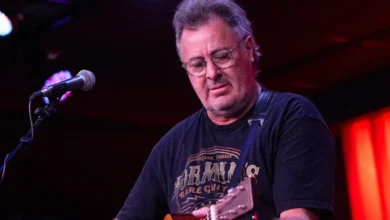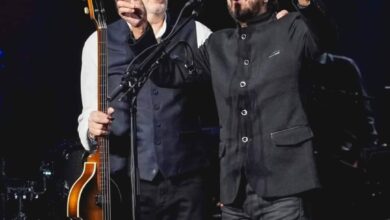Dolly Parton’s Tribute to Johnny Cash with “I Walk the Line”
Dolly Parton, a renowned figure in country music, is known for her distinctive voice, charismatic stage presence, and a plethora of hit songs that have left an indelible mark on the genre. Her decision to cover Johnny Cash’s iconic song “I Walk the Line” is a perfect testament to her versatility and respect for the roots of country music. The song, originally released in 1956 by Cash, is a cornerstone of country music, characterized by its simple but powerful lyrics and the unique “boom-chicka-boom” sound.
When Dolly Parton takes on “I Walk the Line,” she brings her own unique flair to the song. Her version is not just a mere cover; it’s a reinterpretation that honors the original while showcasing her own musical identity. Parton’s rendition is likely infused with her signature vocal style, marked by her clear, expressive voice and her ability to convey deep emotions through music. This quality has always set her apart in the music industry, making her covers and original songs alike resonate with audiences worldwide.
Moreover, Dolly Parton’s choice to cover a song by Johnny Cash reflects the deep interconnectedness and mutual respect that exists among country music artists. Cash, a legend in his own right, has inspired countless musicians, and Parton’s tribute to his work is a nod to his profound influence. This act of covering a fellow artist’s song is not just about performing another’s music; it’s about celebrating the shared heritage and continuing legacy of country music.
Finally, Dolly Parton’s rendition of “I Walk the Line” is a demonstration of the timelessness of great music. Just as Johnny Cash’s original captured the hearts of listeners in the 1950s, Parton’s cover bridges generations, introducing the classic to new audiences in her own unique way. It’s a reminder that good music transcends time and genre, and artists like Parton, who are willing to explore and experiment, play a crucial role in keeping the spirit of classic songs alive for future generations.





